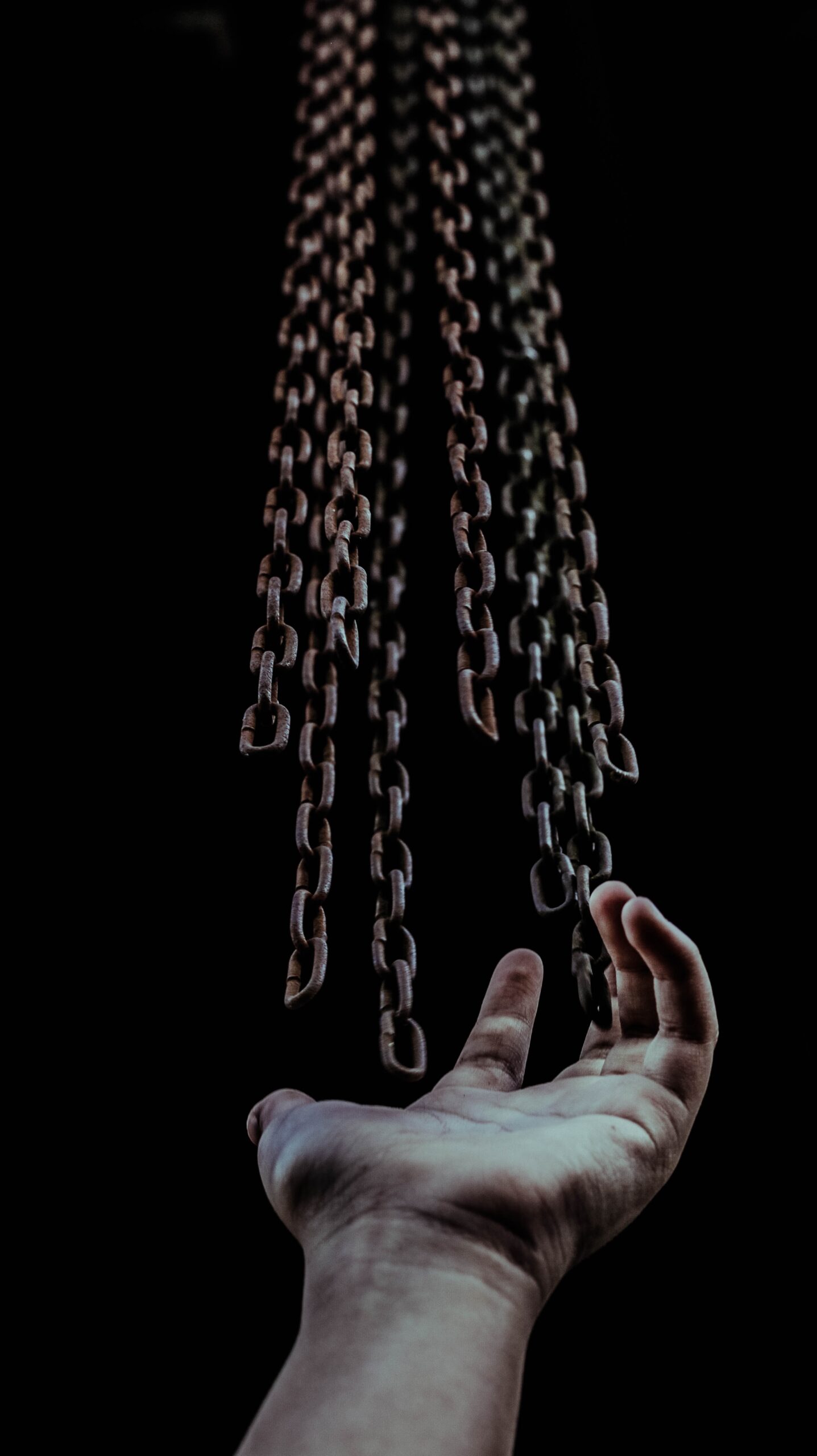Understanding the role of the enabler
An enabler cleans up after the addict, reinforcing the their behaviour and preventing the user from facing the consequences of their actions. Because they are taking care of someone they love very much and who is ill, enablers may feel compelled to use enabling behaviour out of love.
The relationship between an enabler and their loved one who is addicted is often one of co-dependency. Some people need to feel useful, and others have an irrational need to solve problems that aren’t theirs. When one person in the relationship is enabling the other’s substance abuse, the connection quickly deteriorates for both parties involved.



Another prevalent form of enabling is when a loved one covers up for an addict out of fear for the family’s reputation. Finally, an addict’s social circle might be enabled by, for example, turning a blind eye to, or even encouraging, destructive behaviours. Many people who develop an addiction to substances first experiment with them during a social gathering, and then their use escalates as they develop a tolerance to and eventual dependency on the substance. Here, we’ll give you the tools you need to finally help your loved one and to stop the vicious cycle of enabling.






